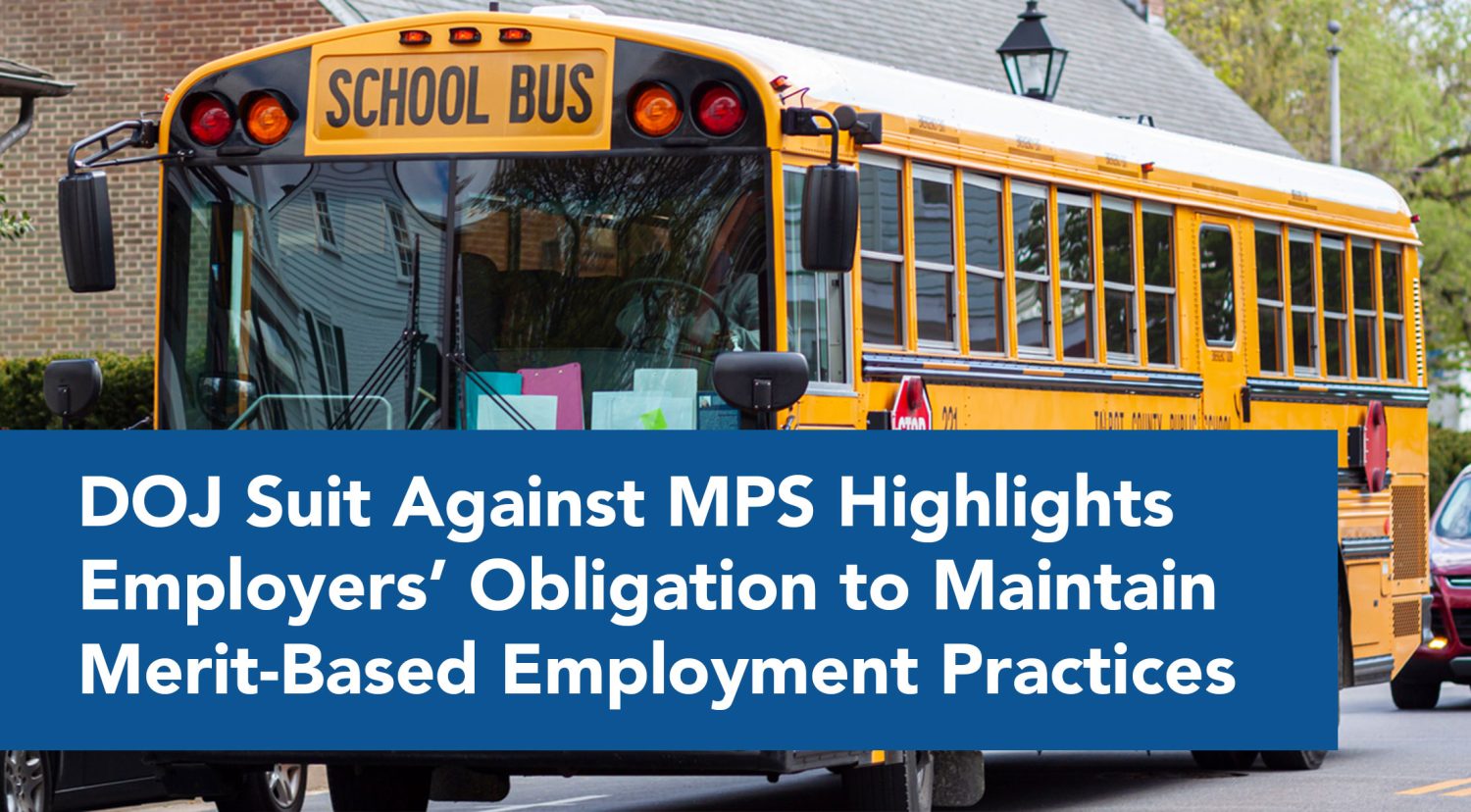

Take a deep breath, we are about to run a marathon!
The Office of Federal Contract Compliance Programs (OFCCP) issued the Unified Agenda of Federal Regulatory and Deregulatory Actions on December 21, 2012. It indicated that the regulatory changes the OFCCP intended to implement would not be completed in a sprint to the 2012 finish line; rather, they would be rolled out like the mile markers in a marathon over the course of 2013. For all federal contractors and subcontractors, the first part of 2013 is a wonderful opportunity to take a breath and prepare for the task at hand.
Spring 2013 or Mile Marker 1 – Employing Veterans and Individuals with Disabilities
Just as we start running, spring 2013 will bring the release of the updated regulations related to affirmative action and nondiscrimination requirements. While the OFCCP itself has indicated that these will be “game changing” we believe they will be manageable for most companies currently using comprehensive record keeping tools to track their hiring efforts and AAP goals.
The OFCCP has indicated that the new regulations may require 7 percent employment for individuals with disabilities across the entire workforce. Complying with this requirement may take some effort and focused hiring procedures for some employers but a failure to meet the goal despite good faith efforts to comply is unlikely to lead to enforcement action.
The new regulations will also add an additional layer to the current OFCCP record keeping requirements by requiring employers to report their compliance. The OFCCP will be looking at record keeping and self-reporting to determine whether or not each business is making legitimate efforts to hire within the new regulations.
June 2013 or Mile Marker 10 – New Compensation Data Collection Tool
Toward the middle of the marathon we will see an attempt to gather new information related to equal employment opportunity goals. The OFCCP has been under increasing pressure to track and enforce fair pay laws and as a result, the OFCCP indicated that it intends to issue a Notice of Proposed Rulemaking (NPRM) for a new compensation data collection tool in June 2013. This tool is intended to collect and sort compensation data by race, gender and national origin to further enforcement of equal pay laws.
There is significant concern that the OFCCP is not capable of this undertaking at this time and that there has not been sufficient smaller scale tests or creation of pilot programs to ensure the success of the new tool. How this tool will be used and developed remains to be seen.
August 2013 or Mile Marker 18 – Sex Discrimination
As we are catching our second wind, we will have an opportunity to look back and see how far we’ve come. For the OFCCP, the issue of sex discrimination was addressed long before we started this marathon. In fact, sex discrimination guidelines have not been updated since 1978. As a result, employers can look for an NPRM on the issue of sex discrimination regulations in August. Hence, employers should anticipate updating their sex discrimination policies towards the end of 2013.
October 2013 or Mile Marker 20 – Construction Regulations
The last stretch of this marathon will include updating the regulations governing federal and federally-assisted construction contractors. The OFCCP intends to issue an NPRM relating to construction contractors in October 2013. The affect and scope of these regulations also remains to be seen.
Here are a couple of ways you can prepare for these new changes now:
• Take a look at your current record keeping procedures and consider how you might integrate tracking an employee’s status as a veteran or disabled worker into your current system.
• If you are not close to the 7 percent goal but have made an effort to get close, make sure that your efforts have been properly documented: what the activity was; when it was performed; the results; and how you might adjust your strategy moving forward. Caution: Goals are not quotas.
• The “balancing act”: Carefully document when an apparent contradiction in placement goals may be the cause of missing another goal. It is possible that hiring a high number of veterans may make hitting goals for female hires more difficult. Document all good faith efforts to comply with the hiring goals.
• Set some time aside toward the last quarter of 2013 to implement any changes in the sex discrimination regulations.
2013 is going to involve some significant changes for government contractors but with a little preparation and the right information you should be able to take the changes in stride.




